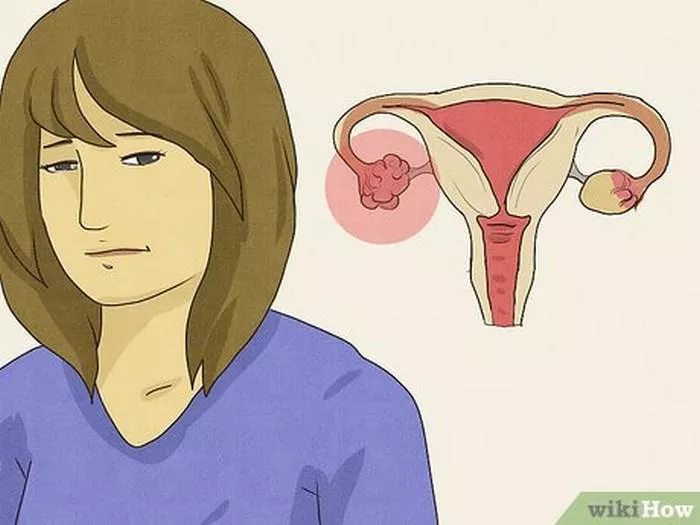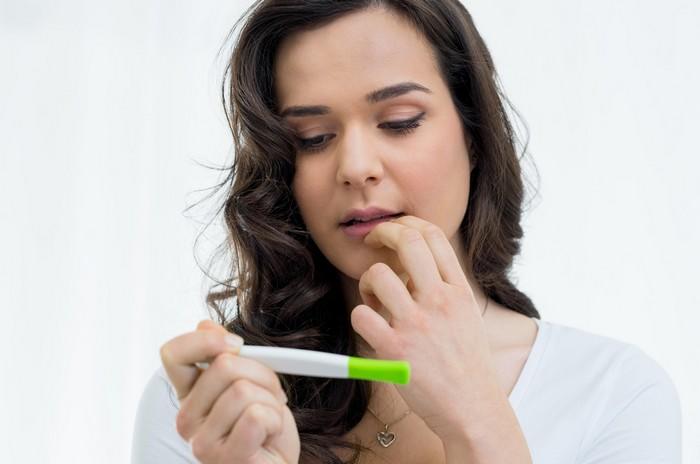For individuals striving to conceive, understanding ovulation is a crucial aspect of the journey towards parenthood. Ovulation, the release of a mature egg from the ovary, marks a key phase in the menstrual cycle and presents a prime opportunity for conception to occur. In this article, we delve into the intricacies of ovulation and explore methods to determine if ovulation is occurring, empowering individuals with valuable insights on their fertility.
Understanding Ovulation
Ovulation typically occurs midway through the menstrual cycle, around day 14 in a 28-day cycle, although this can vary from person to person. During ovulation, the ovary releases a mature egg, which travels down the fallopian tube and awaits fertilization by sperm. The window of fertility, or the days surrounding ovulation, presents the best chance for conception to take place.
Signs and Symptoms of Ovulation
Changes in Basal Body Temperature (BBT):
Tracking your basal body temperature can provide valuable insights into ovulation. A slight rise in BBT typically occurs after ovulation, indicating that ovulation has occurred. To track BBT accurately, use a basal body thermometer and record your temperature each morning before getting out of bed.
Cervical Mucus Changes:
Paying attention to changes in cervical mucus consistency and appearance can also help determine ovulation. Around ovulation, cervical mucus becomes clearer, stretchier, and more abundant, resembling the consistency of egg whites. This fertile-quality mucus facilitates sperm transport and survival in the reproductive tract.
Ovulation Predictor Kits (OPKs):
Ovulation predictor kits detect the surge in luteinizing hormone (LH) that precedes ovulation. LH surge indicates that ovulation is likely to occur within the next 12-36 hours. Follow the instructions provided with the OPKs to accurately interpret results and identify your fertile window.
Changes in Pelvic Sensation:
Some individuals may experience mild pelvic discomfort or ovulation pain, also known as mittelschmerz, during ovulation. This brief, cramp-like sensation typically occurs on one side of the abdomen and may coincide with ovulation.
Ovulation Tracking Apps:
Utilizing smartphone apps designed for fertility tracking can streamline the process of monitoring ovulation. These apps allow users to input menstrual cycle data, track symptoms, and receive predictions about fertile days based on algorithms.
Seeking Medical Advice
While tracking ovulation can be informative, it’s essential to consult with a healthcare provider if you have concerns about ovulation or experience challenges conceiving. Here are some additional medical considerations to keep in mind:
Regular Health Check-ups:
Schedule regular appointments with your healthcare provider to discuss your reproductive health and fertility goals. Routine check-ups allow for early detection and management of any underlying health conditions that may affect ovulation or fertility.
Hormonal Assessments:
If you suspect hormonal imbalances or irregularities affecting ovulation, your healthcare provider may recommend hormone level testing. Hormonal assessments can provide insights into ovarian function, thyroid health, and other factors influencing ovulatory cycles.
Ultrasound Monitoring:
In some cases, ultrasound monitoring may be recommended to assess ovarian follicle development and confirm ovulation. Transvaginal ultrasound scans can visualize the ovaries and follicles, providing valuable information about the timing and quality of ovulation.
Ovulation Induction:
For individuals experiencing ovulatory disorders or irregular cycles, ovulation induction medications may be prescribed to stimulate egg production and enhance fertility. These medications, such as clomiphene citrate or gonadotropins, are commonly used in fertility treatment protocols under the guidance of a reproductive specialist.
Lifestyle Modifications:
Your healthcare provider may suggest lifestyle modifications to optimize fertility and support ovulation. These may include maintaining a healthy weight, adopting a balanced diet rich in nutrients, reducing alcohol consumption, quitting smoking, and managing stress through relaxation techniques or counseling.
Conclusion:
In conclusion, while tracking ovulation at home can offer valuable insights into fertility, consulting with a healthcare provider is crucial for comprehensive fertility assessment and management. By partnering with medical professionals, individuals can access personalized care, diagnostic testing, and evidence-based treatments tailored to their unique reproductive needs. Remember that fertility is influenced by various factors, and seeking expert guidance can help navigate the journey towards conception with confidence and support.


























